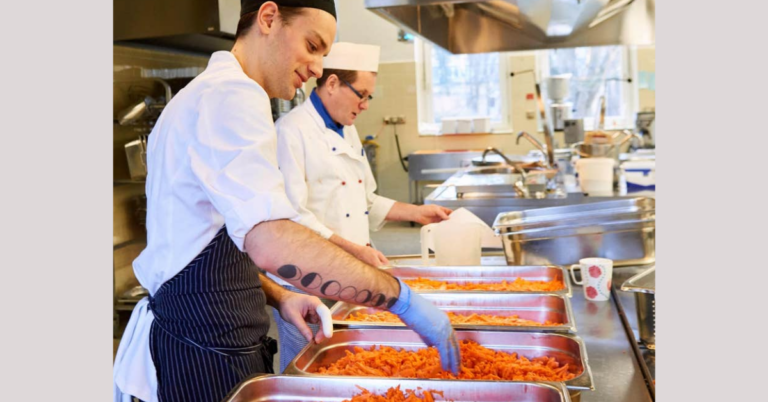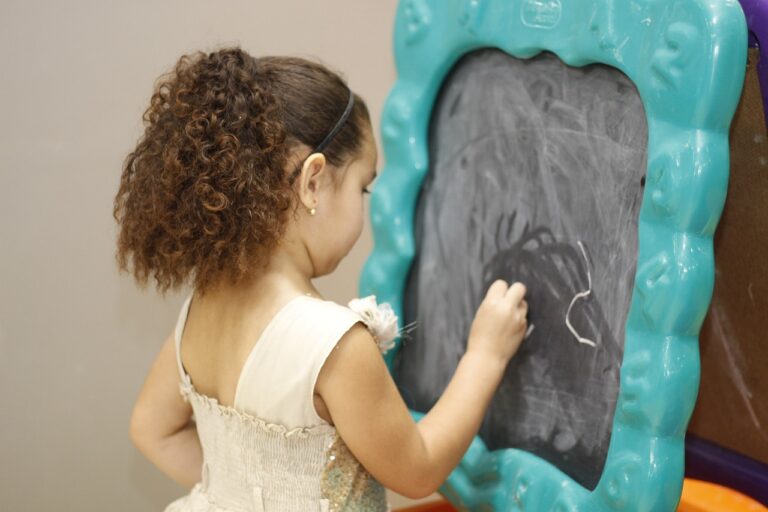Exploring Language Learning Strategies for Students with Limited Access to Formal Education
betbhai com, playexch login, gold 365:Language learning is an essential skill for students, regardless of their educational background. However, for students with limited access to formal education, finding effective strategies to learn a new language can be challenging. In this article, we will explore some language learning strategies that can help students with limited access to formal education improve their language skills.
1. Immerse Yourself in the Language
One of the best ways to learn a new language is to immerse yourself in it as much as possible. This could involve watching movies or TV shows in the language, listening to music, reading books, or even finding language exchange partners to practice speaking with.
2. Use Language Learning Apps
There are many language learning apps available that can help you improve your language skills. Apps like Duolingo, Babbel, and Rosetta Stone offer interactive lessons and exercises that can help you practice your reading, writing, listening, and speaking skills.
3. Practice Speaking with Native Speakers
One of the most effective ways to improve your language skills is to practice speaking with native speakers. This can help you improve your pronunciation, vocabulary, and confidence in speaking the language.
4. Set Language Learning Goals
Setting specific language learning goals can help you stay motivated and track your progress. Whether your goal is to be able to hold a conversation in the language, pass a proficiency exam, or simply improve your language skills, having a clear goal in mind can help you stay focused.
5. Create Flashcards
Flashcards are a great way to practice vocabulary and grammar. You can create physical flashcards or use online flashcard platforms like Anki or Quizlet to help you memorize new words and phrases.
6. Read Regularly in the Language
Reading books, newspapers, and online articles in the language you are learning can help you improve your reading comprehension and expand your vocabulary. Start with material that is at your level and gradually work your way up to more challenging texts.
7. Join Language Learning Communities
Joining language learning communities can provide you with support, motivation, and opportunities to practice your language skills. There are many online forums, social media groups, and language exchange websites where you can connect with other language learners and native speakers.
8. Practice Regularly
Consistency is key when it comes to language learning. Make an effort to practice your language skills daily, even if its just for a few minutes. Consistent practice will help you retain what you have learned and make steady progress.
9. Use Mnemonics
Mnemonics are memory aids that can help you remember new words and phrases more easily. You can create mnemonic devices like acronyms, rhymes, or visualizations to help you memorize and recall vocabulary.
10. Seek out Language Learning Resources
There are many free and low-cost resources available online that can help you learn a new language. From language learning websites to online courses to language exchange platforms, there are plenty of options to choose from.
FAQs
Q: Can I learn a new language without formal education?
A: Yes, it is possible to learn a new language without formal education. With dedication, practice, and the right strategies, anyone can improve their language skills.
Q: How long does it take to learn a new language?
A: The time it takes to learn a new language varies depending on many factors, such as the language you are learning, your level of dedication, and how much time you are able to dedicate to practice. Some estimates suggest it can take anywhere from 600-2,200 hours to achieve proficiency in a new language.
Q: What is the best way to practice speaking a new language?
A: The best way to practice speaking a new language is to find opportunities to speak with native speakers. Language exchange partners, conversation groups, and online language practice platforms are all great ways to practice speaking.
In conclusion, students with limited access to formal education can still improve their language skills with the right strategies and resources. By immersing themselves in the language, using language learning apps, practicing speaking, setting goals, creating flashcards, reading regularly, joining communities, practicing regularly, using mnemonics, and seeking out resources, these students can make significant progress in their language learning journey. Remember, consistency and dedication are key when it comes to learning a new language.







